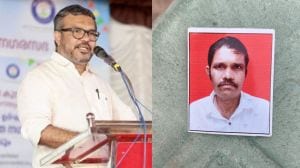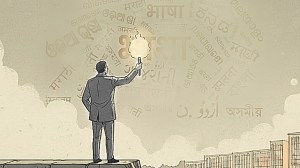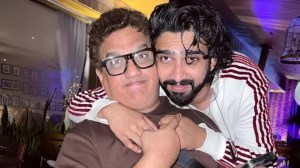Difficult Conversations: Raising tough kids in the age of #MeToo
When a child asks what rape is, what do you do? Do you run? Mumble? Or snub? Or do you tell the child straight facts? Take a deep breath and tell the child, using age-appropriate words.
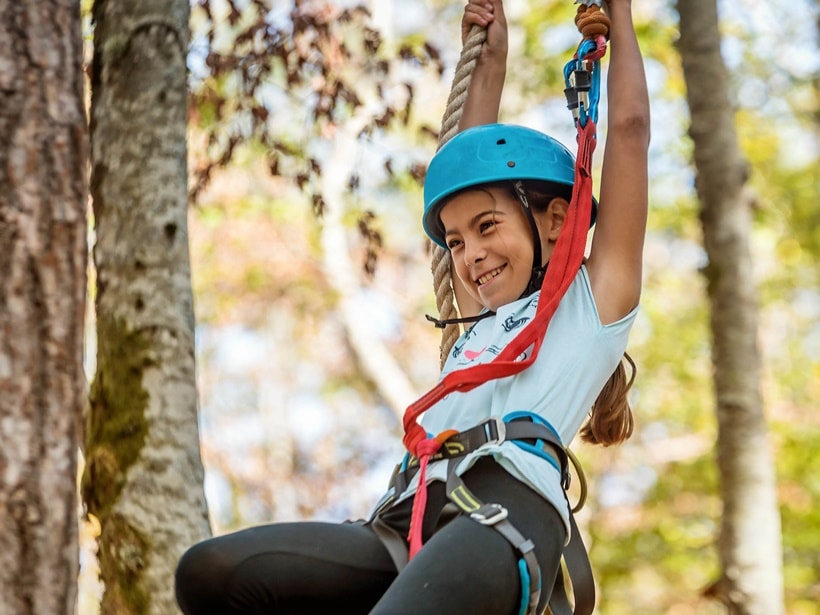 More often than not we treat children (especially girls) like fragile china dolls. (Source: Dreamstime)
More often than not we treat children (especially girls) like fragile china dolls. (Source: Dreamstime)
Lose the notion of innocence. A child who does not know of choice, consent, violation and dangers is not innocent. He or she is plain ignorant.
By Tanu Shree Singh
A few days ago, a friend sent me this twitter link that had a found its way to her inbox. She called soon after. Her daughter is six. Her voice trembled as she repeated, “Did you read that? What is happening? These are kids. Padha Tumney?”
It took her a while to calm down. On the outside at least. How does one stay calm? Most of the times, we keep pushing the conversation about birds, bees and the beasts to a more ‘appropriate time’. The child is too young, too innocent or both. We wish it away. And a few of us who do dare to talk to the child, do so fairly clinically. We warn them against predators, we teach them about good and bad touches and we pat ourselves on the back. Our job is done.
But is mere knowledge enough? Telling the child that bad people exist, and that they might do or say things that are not acceptable, are dangerous or harmful, and corroborating the theory with some sparse evidence doesn’t quite cut it. We need to arm them, not just with knowledge but also strategies to deal with situations. A few things that can help:
Start with the playground
A growing body of research points out that risk-taking in playground enables the child to learn the importance of choice, consequences, and the art of navigating through the world safely. More often than not we treat children (especially girls) like fragile china dolls. We fear they’d end up with scraped knees or worse, a gash. When was the last time you saw a child climb a tree? I admit the number of trees is fast dwindling too but whatever few we have, ever seen a child climb it? To make things worse, we instinctively encourage girls to indulge in ‘safer’ play options. So from an early age some of us end up telling them that they are weaker and have little say. It is time to rethink that strategy.
Do not hush up conversations
Repeat after me, ‘Vagina, penis, anus’. Keep saying those words out aloud till you can say vagina, penis and kaddu with the same expression and tone. We cannot hope for the children to be open if we hush up conversations, devise code names for the organs in question, and die each time the child says something about their vagina or penis. A big part of removing shame is usage of proper terms. How will a child come up and tell us if she has been wrongly touched, if we do not even encourage her to address her body parts correctly? So pick an age appropriate book on sex education, read to them and do not stop there. Keep talking, be open and do not go red when someone frowns at your three-year-old who declares that his penis is itching. Discretion can be taught later. Ease of conversation is a priority.
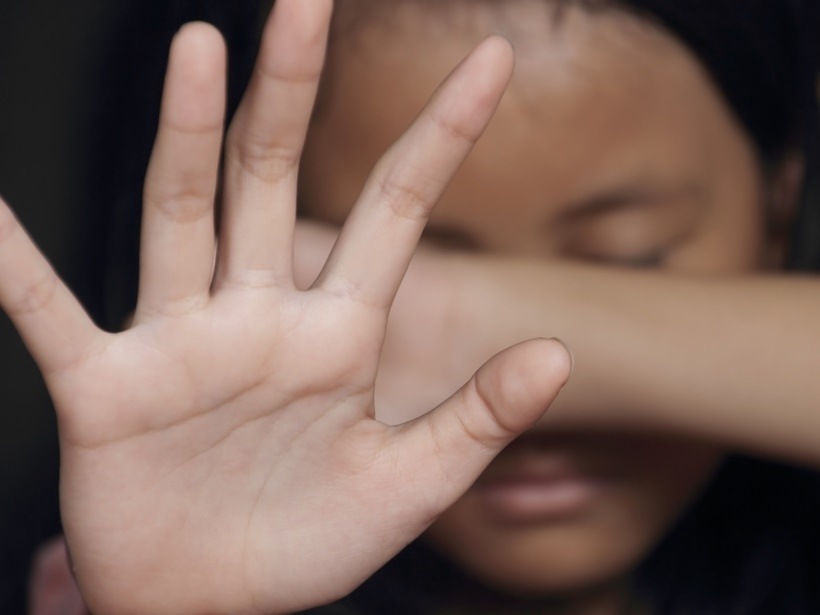 Source: Getty Images
Source: Getty Images
Let the child be the choice–maker
The younger one had a t-shirt once that said, “You pinch my cheeks, I pull your hair”. And he firmly believed in that! He was never told to ‘give aunty a kiss,’ or ‘uncle a hug’. It was always his choice. So there are at least 592 people out there who think the boys were brats as toddlers since they firmly refused to oblige uncles and aunties with hugs and kisses. We cannot expect them to protest when we force them in to physical gestures of affection.
Also Read| #MeToo: How to talk to your kids about sexual abuse
Role-playing
Children learn best by participative play and observation. When there was a news article about fire in a school, we pretended to be caught in such a situation and acted out our reactions. Similarly, discuss their probable reactions in actual situations where a predator could risk their well-being. Start with making a list of possible threats, discuss them, ask them how they would react, enact how they ought to react, and finally get them to act it out. This prepares and empowers them. The only important thing is to thoroughly discuss in age appropriate words before indulging in role play.
Facts are rarely wrong
When a child asks what rape is, what do you do? Do you run? Mumble? Or snub? Or do you tell the child straight facts? We are often stumped when faced with out-of-syllabus-questions. Take a deep breath and tell the child, using age-appropriate words. So while a five-year-old is better off understanding it in terms of violation of personal space, the kind of touch, and consent, a teenager can handle the graphic details supported by facts and figures.
But my child is innocent!
Lose the notion of innocence. A child who does not know of choice, consent, violation and dangers is not innocent. He or she is plain ignorant. And the onus of this ignorance lies on our shoulders. Our culture overrates the concept of innocence and ridiculously ties it with sexual awareness. A child who is aware of how sex works, what violation is, and is able to recognise danger, has not lost his innocence, he has just gained knowledge that could save him or someone else around him.
Saying that times have changed and we are living in dark ages is unfair, and it prompts us to be the helicopters hovering above our children all the time. Predators have always existed, insensitive children too, what has changed is the awareness levels. We know. Our parents mostly didn’t. This knowledge should arm us, and liberate us. It should not reduce us to nervous wrecks who raise children that grow under the clouds of fear. Take the first step today. It is never too late. Blow those dark clouds away.
(The writer has a PhD in Positive Psychology and is a lecturer in psychology. She is also the author of the book Keep Calm and Mommy On.)
- 01
- 02
- 03
- 04
- 05








